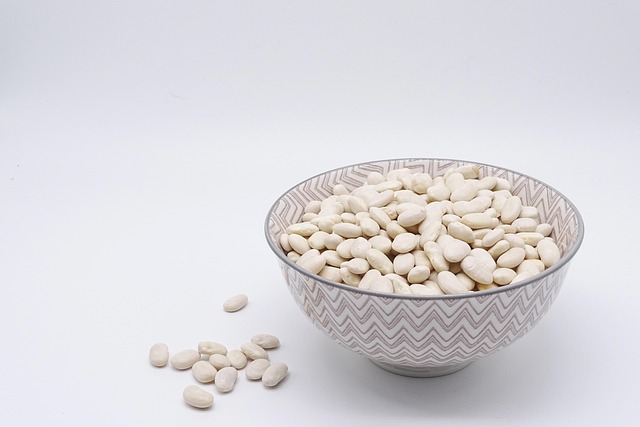Understanding Nutritional Information: The Key to a Healthier Lifestyle
In today’s fast-paced world, making informed choices about what we eat can often feel overwhelming. However, unlocking the power of nutritional information is a simple yet transformative step toward embracing a healthy lifestyle. When we truly understand the food we put on our plates, we empower ourselves to nurture our bodies and mind with conscious, balanced nutrition.
The Foundation of Healthy Nutrition
Healthy nutrition isn’t just about restricting certain foods or following fad diets; it’s about understanding the value each nutrient brings to our bodies. Nutritional information, typically found on food packaging or through credible resources, provides insights into caloric content, macronutrients like carbohydrates, proteins, and fats, as well as micronutrients such as vitamins and minerals.
By paying attention to these details, we can tailor our diets to meet our individual health goals—whether it’s gaining energy, improving digestion, managing weight, or boosting immunity. For example, knowing the protein content helps those aiming to build muscle, while monitoring sugar levels benefits individuals trying to control blood glucose.
How Nutritional Information Supports a Healthy Lifestyle
Imagine setting out on a journey without a map—you might eventually reach your destination, but the path won’t be nearly as direct or safe. Nutritional information serves as that map. It guides us in making choices that align with our wellness objectives.
- Increases Awareness: Being aware of what’s in your food fosters mindfulness, helping you avoid hidden additives, excess sugar, or unhealthy fats.
- Personalizes Your Diet: Nutritional data allows you to customize meals based on your unique needs, whether you’re managing allergies, adhering to a specific diet plan, or simply striving for balance.
- Promotes Consistency: Understanding nutrition encourages better consistency in food selection, leading to sustained healthy habits.
Practical Tips for Using Nutritional Information in Daily Life
Start by getting familiar with nutrition labels. Look beyond the calorie count and focus on portion sizes, ingredient lists, and nutrient percentages. Apps and online tools can also simplify tracking and interpreting nutritional content.
Plan meals around whole foods rich in nutrients—fresh fruits and vegetables, lean proteins, whole grains, and healthy fats. Over time, this practice naturally reduces reliance on processed foods and supports overall wellbeing.
Embracing Nutritional Information as Part of Your Wellness Journey
Integrating nutritional information into your daily routine is more than a health hack—it’s a mindset shift. It encourages you to listen to your body’s needs, respect the science behind nutrition, and take charge of your health with confidence.
By unlocking this powerful tool, you’re not just changing what you eat; you’re transforming how you live—building a sustainable path to vitality and balance that uplifts both body and soul.




